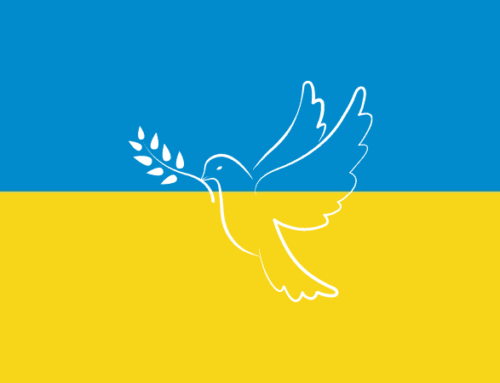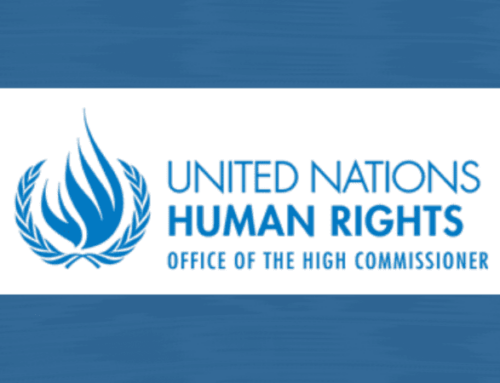Each fifth woman in Moldova is subject to sexual harassment at workplace
 The workplaces or education institutions are the environments where sexual harassment is most often manifested in the Republic of Moldova. Thus, each fifth woman is subject to sexual harassment at the workplace, while another 20% of the women, according to statistics, were threatened or told to have sex by the teacher so as to enjoy particular benefits in the education process. The large number of sexually harassed persons is due not only to the perception of the phenomenon in society, but also to the deficient legal framework. The conclusions were presented in a note by the Partnership for Development Center.
The workplaces or education institutions are the environments where sexual harassment is most often manifested in the Republic of Moldova. Thus, each fifth woman is subject to sexual harassment at the workplace, while another 20% of the women, according to statistics, were threatened or told to have sex by the teacher so as to enjoy particular benefits in the education process. The large number of sexually harassed persons is due not only to the perception of the phenomenon in society, but also to the deficient legal framework. The conclusions were presented in a note by the Partnership for Development Center.
In a news conference at IPN, the Center’s representative Natalia Covrig said 4% of the women faced serious forms of sexual harassment at the workplace, manifested by the request to have sex for particular rewards, use of force or threats. The subtle forms of sexual harassment, which cannot be easily ascertained, such as the indecent looks, jokes or language of a sexual character and embraces without permission, are the largest in number. The persons who usually have an abusive behavior at the workplace or the place of study include the bosses, workmates and teachers. Statistics show that about 60% of the persons consider the harassed persons are to blame for the situations of harassment because of their behavior or apparel.
Lawyer Vadim Vieru said the regulatory framework of Moldova makes it difficult to determine the real intensity of sexual harassment. Those who are sexually harassed do not know what they should do and where they can go in case of sexual harassment. Now they can go to the police, the prosecutor’s office, the court of law, the Council for the Prevention and Elimination of Discrimination and the People’s Ombudsman. It is also hard to prove the cases of sexual harassment. Even if the phenomenon grows in size, the cases are seldom reported and there are few convictions in such cases. As regards the education sector, the new Education Code does not expressly provide that all the education institutions should adopt internal regulations on the combating of sexual harassment, but this thing should be mandatory.
According to Arina Turcanu, lawyer at the Women’s Law Center, the ambiguity of the penal norm concerning sexual harassment and the insufficiency of operational procedures make the number of convictions for sexual harassment be very low. During the investigations, the victims often want to give up as they are subject to multiple procedural actions, such as the confrontation. The gender-related stereotypes are another obstacle that often prevent the victim from filing a complaint.
Alina Andronache, of the Partnership for Development Center, said the victims do not know where to seek help not only because there is not enough information, but also because they fear they will be blamed.
To fight the phenomenon of sexual harassment in Moldova, experts formulated a number of recommendations, such as to adopt a policy document centering on the prevention of sexual harassment, to introduce an efficient mechanism for encouraging the victims and offering them protection during the investigations and after these, to clearly classify the forms of sexual harassment in normative documents and to designate persons who would be responsible for the investigation of specific cases for each norm.
Source: ipn.md






Leave A Comment